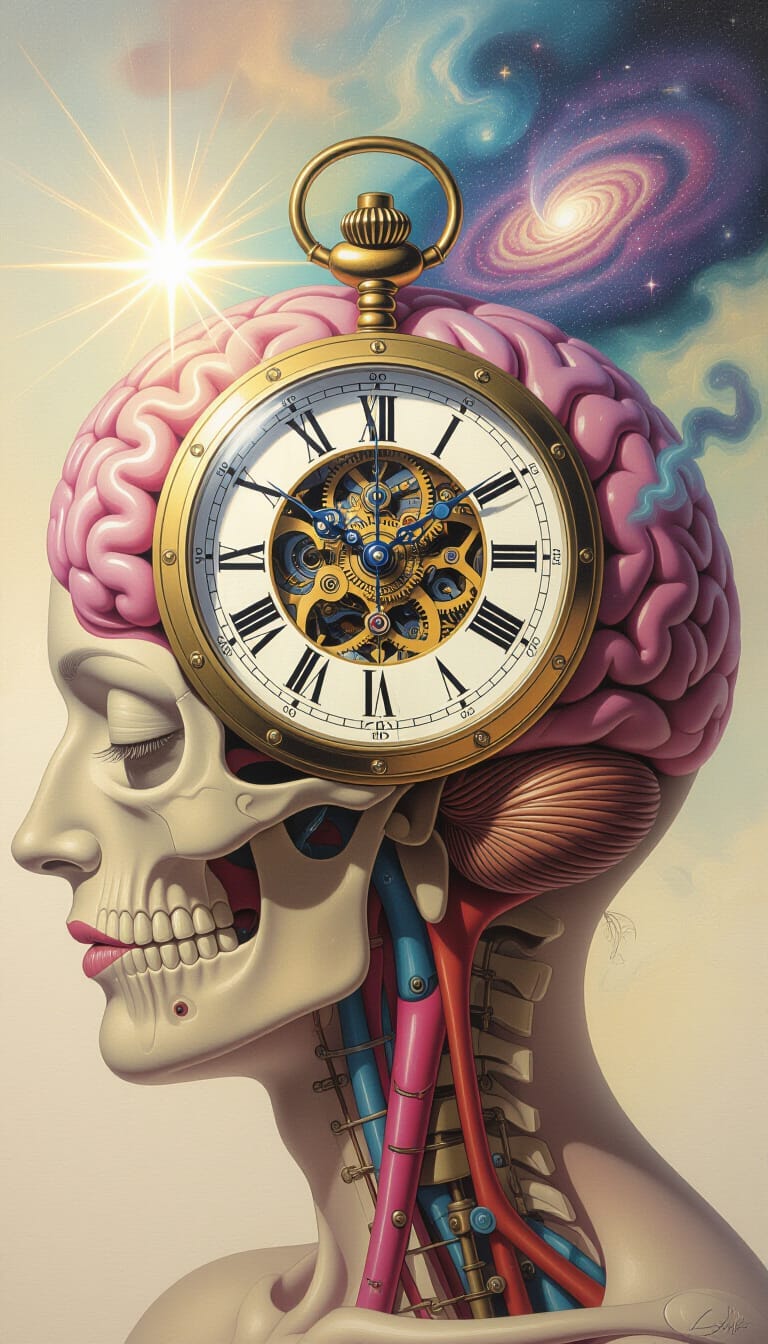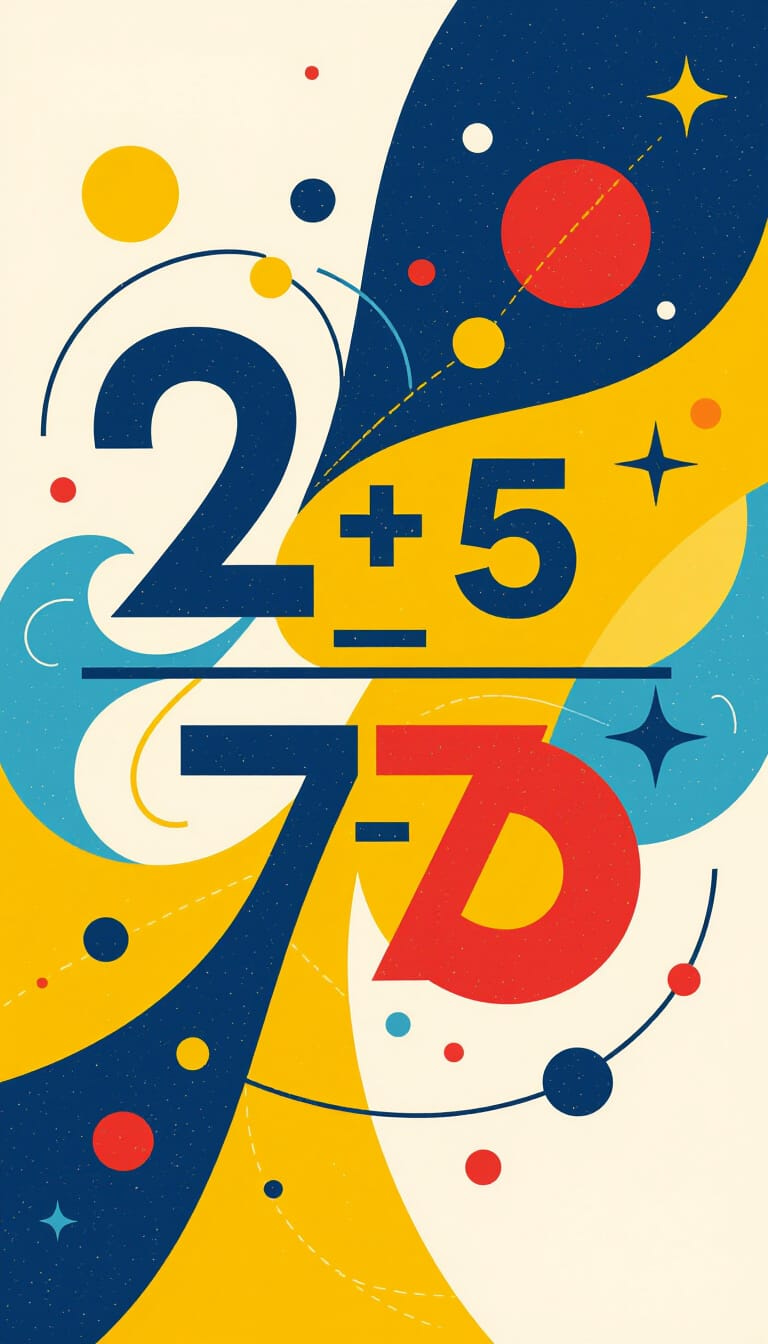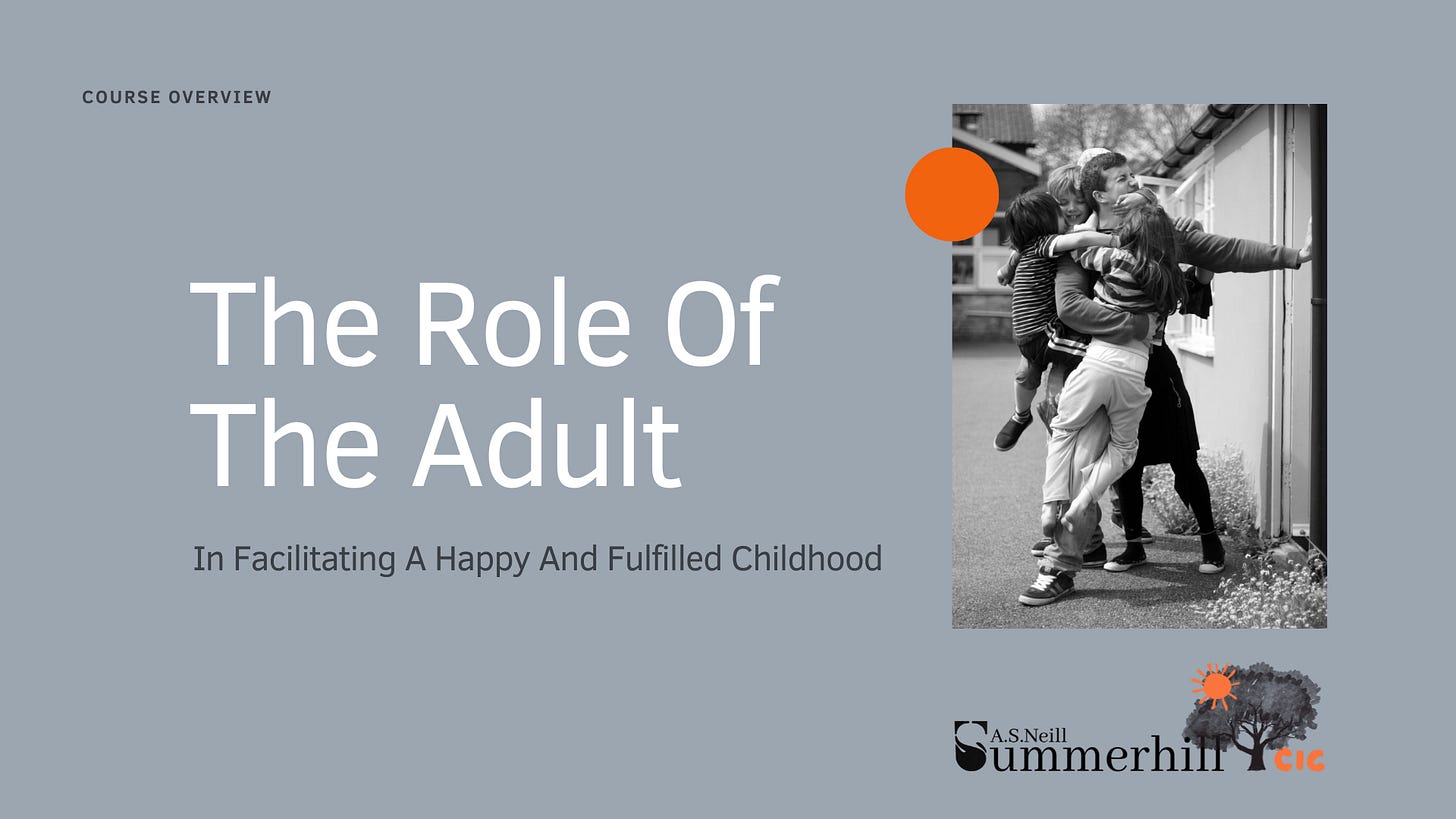Here’s a strange little trick your brain likes to play: convince you that a five-minute wait at the dentist lasts longer than a two-hour dinner with friends.
We talk about “time flying” or “dragging,” but the seconds don’t actually speed up or slow down. They just feel different depending on where your attention lands. When you’re stuck staring at the wall, your brain zooms in on every micro-moment, like a bad film in slow motion. When you’re immersed in conversation or juggling ten things at once, your brain skips the tick marks entirely. Suddenly, it’s 11 p.m. and you’re wondering how the day slipped away.
The short-term science of it is all about attention and dopamine. Pay close attention to time, and it lumbers along. Get distracted or rewarded, and the brain’s internal clock forgets to count. But long-term memory has its own role in the illusion. Novelty stretches time. Routine compresses it. Think back: those endless summers as a child weren’t actually longer—your brain was just busy logging every new sensation. Compare that with adult life, where commutes blur into office chairs and the weeks collapse into a single beige memory.
That’s why people say life speeds up as you get older. It’s not age itself—it’s the tyranny of routine. Without newness, memory doesn’t bother to bookmark the days. And if memory doesn’t catch them, they vanish.
The good news? You can cheat. Seek novelty. Try new routes, meals, hobbies, and conversations. Break the pattern. Even small shifts make time feel richer. Your calendar won’t expand, but your lived sense of it will. It’s not quite immortality, but it’s as close as most of us get.
So the next time someone sighs, “Where did the time go?” you can smile and say, “It went missing somewhere between the daily commute and the copy-and-paste week.” Then go do something that confuses your brain into thinking you’ve lived a little longer. After all, your internal stopwatch is easier to fool than you think.
📘 Exam Hack of the Week
The 2-+-5 Pomodoro Stretch
Hack: Do two focused 25-minute study sprints, then one 5-minute novelty burst (walk a different route, doodle a weird image, eat a new snack).
Why it works: Novelty bookmarks memory; the small surprise after focused work makes the brain log the session more richly.
How to do it: Set a timer → 25:00 study → 5:00 novelty → repeat. After three cycles, do a 20-minute review.
🤯 Weird but True Science
Some scientists think time might not exist at all — it could just be a useful illusion our brains stitch together so we don’t walk into walls.
Your brain has two clocks: one in the basal ganglia (good at seconds) and one in the cerebellum (good at milliseconds). They argue constantly, which is why you clap off-beat at concerts.
In 2016, physicists slowed light down to 38 miles per hour inside a rubidium gas cloud. In other words, traffic in rush hour sometimes moves faster than photons.
📝 Mini Quiz (answers at the bottom)
How Well Do You Know Time?
Which group generally perceives time as moving faster: children or adults?
What’s the “oddball effect” in psychology?
a) Time feels slower when something unusual happens
b) People misjudge odd numbers in math tests
c) Dreams stretch time longer than realityTrue or False: Astronauts on the International Space Station age slightly slower than people on Earth.
Answers below — no peeking.
That’s it for this week’s science snack! Keep listening, keep revising, and remember — silence may be golden, but physics explains why.
See you next time!
— The Science Guy
Answers:
Adults (routine compresses memory, making life feel quicker).
a) Time feels slower when something unusual happens — your brain pays closer attention.
True — thanks to Einstein’s relativity, high speed and weaker gravity mean astronauts tick a fraction of a second behind us.
Ready to transform your science education?
Click here to join The Science Guy's Science Hub and start your journey to excellence today!
Ready to make your next term easier and more successful? Discover the advantages of joining our online tutoring membership today and see how our community, hints, tips, and resources can make all the difference.
Just wanted to let you be the first to know about my brand new Science Guy Learning Hub Limited Time Offer:
🚀 GCSE Science Sorted — For Just £10/month!
Struggling with Science? Join The Science Guy Learning Hub and get:
✅ Weekly GCSE video lessons
✅ Downloadable worksheets
✅ Live sessions & 24/7 Discord support
✅ All for just £10/month (limited-time launch offer!)
🎓 Learn better. Stress less. Join the community today:
👉 https://page.fo/thescienceguy
Join my YouTube Community for more FREE Hacks n Tips:
Plus my FREE Facebook Group:
Drop by my Website:
My TikTok Channel:
All of My Links in one place:
Thanks for reading The Science Guy!
Recommended FREE Reads:













